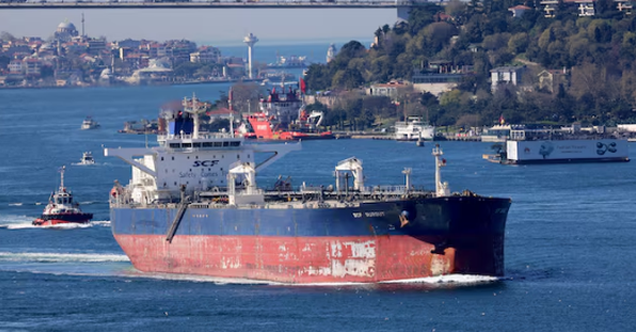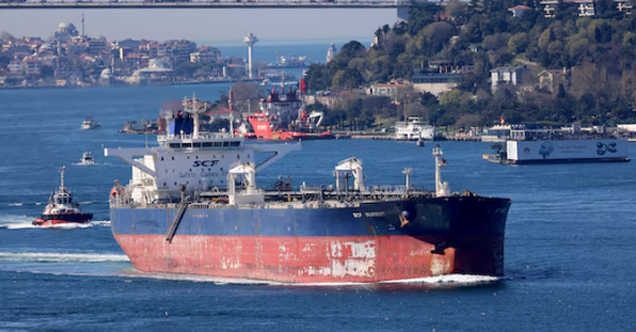
Illustrative image
Data compiled by Reuters on June 2nd revealed a 10.3% month-over-month increase in Russian natural gas deliveries to Europe via pipelines during May.
Specifically, in May, the Russian giant Gazprom transported 46 million cubic meters per day of natural gas via the only remaining route to Europe – TurkStream. This May’s deliveries significantly surpassed Russia’s April supply of 41.7 million cubic meters per day.
As of now, the volume of Russian gas transported via TurkStream has increased compared to the first five months of 2024, reaching 7.2 billion cubic meters this year, up from 6.6 billion cubic meters last year.
Russian pipeline gas supplies to Europe have witnessed a significant decline since 2022, following Russia’s decision to cut off gas supplies to multiple EU customers, and the cessation of Nord Stream’s gas deliveries to Germany after Russia reduced flows in September 2022. Russian gas still accounts for over 15% of the EU’s gas supply, including both pipeline and LNG imports.
According to European Commission President Ursula von der Leyen, the EU has successfully reduced its import share of Russian gas from 45% in 2022 to 18% at present. The transit of Russian pipeline gas supplies via Ukraine halted on January 1, 2025, after Ukraine refused to negotiate an extension of the transit agreement.
However, some European countries, including Hungary, continue to receive Russian gas via the TurkStream pipeline through the Balkans. Hungary has increased its reliance on Russian crude oil from 61% in 2021 to 86% in 2024. Slovakia’s dependence remains at nearly 87% for the same period. Combined, the two countries imported 8.7 million tons of Russian crude oil in 2024, a 2% increase from 2021. Hungary has positioned itself as a regional hub for Russian gas, increasing imports via TurkStream and re-exporting to Slovakia. The country’s 15-year contract with Gazprom, signed in 2021, was extended in 2024 with an additional 2 billion cubic meters per year.
Last month, the EU unveiled a roadmap to end its reliance on Russian energy. Specifically, the roadmap calls for the EU to halt all imports of Russian gas by the end of 2027 by enhancing transparency, monitoring, and traceability of Russian gas across EU markets. The European Commission stated that new contracts with Russian gas suppliers would be blocked, and spot contracts (for immediate payment) would be halted by the end of 2025.
















